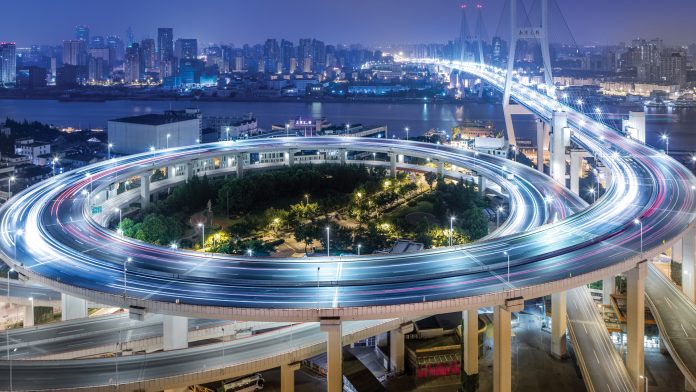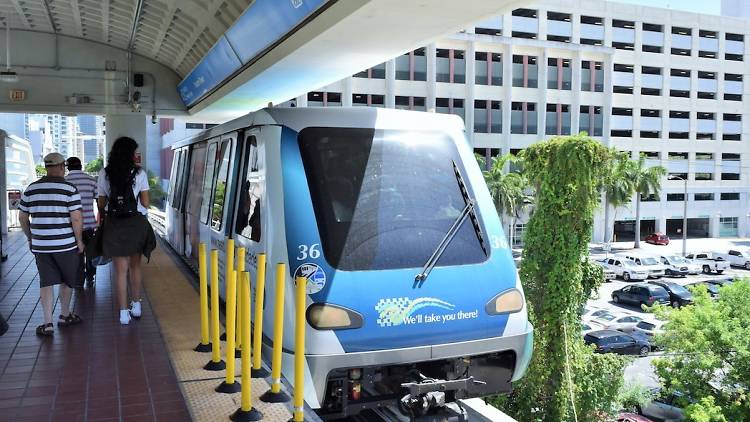As we stand on the brink of a new era, the future vision of intelligent transportation is becoming clearer. This article aims to delve into the depths of this exciting field, exploring the potential advancements and transformations that intelligent transportation systems (ITS) could bring to our world.
Intelligent transportation systems are a combination of advanced information and communication technologies used in transportation and traffic management systems to improve the safety, efficiency, and sustainability of transportation networks. They aim to reduce traffic congestion, provide better trip quality, and promote sustainability by reducing carbon emissions.
The future vision of intelligent transportation is not just about making our roads safer and more efficient. It's about creating a seamless, integrated, and user-centric transportation ecosystem. This vision encompasses various aspects, including autonomous vehicles, connected infrastructure, data analytics, and smart city integration.
- Autonomous Vehicles: The rise of autonomous vehicles is one of the most significant aspects of the future vision of intelligent transportation. These vehicles, equipped with advanced sensors and artificial intelligence (AI), can navigate without human input, reducing the risk of human error, which is a leading cause of accidents. Furthermore, autonomous vehicles can communicate with each other and the surrounding infrastructure, leading to more efficient use of roads and reducing traffic congestion.
- Connected Infrastructure: The future of intelligent transportation also involves the development of connected infrastructure. This includes everything from smart traffic signals that adapt to real-time traffic conditions, to intelligent road signs that can communicate with vehicles and provide drivers with up-to-date information. This connectivity not only improves efficiency but also enhances safety by providing drivers with timely warnings about potential hazards.
- Data Analytics: With the proliferation of sensors and connected devices, the future of intelligent transportation will be data-driven. Advanced data analytics and machine learning algorithms can provide insights into traffic patterns, predict congestion, and suggest optimal routes. This information can be used to improve traffic management and planning, leading to more efficient and sustainable transportation systems.
- Smart City Integration: Intelligent transportation systems are a crucial component of smart cities. By integrating transportation data with other city services, such as energy and waste management, cities can become more sustainable and livable. For example, data from transportation systems can be used to optimize energy consumption in a city, reducing its carbon footprint.
In conclusion, the future vision of intelligent transportation is a holistic, integrated, and data-driven approach to transportation. It promises to transform our roads, making them safer, more efficient, and more sustainable. However, realizing this vision will require significant investment in infrastructure, technology, and research. It will also require collaboration between various stakeholders, including government agencies, technology companies, and citizens. But with the potential benefits at stake, the journey towards intelligent transportation is one we must undertake.


